Exploring Toy Dog Breeds: Small in Size, Big in Heart

Toy Dog Breeds: Small Dogs With Big Personalities
Toy dog breeds may be small in size, but they are full of character, intelligence, and companionship. Traditionally bred to live closely alongside humans, these dogs were created first and foremost to be companions — a role they continue to fulfil today in homes of all kinds.
Typically weighing under 10 pounds, toy dogs include some of the most recognizable and beloved breeds in the canine world. From lively extroverts to calm lapdogs, each breed brings its own temperament, care needs, and charm. Get to know some of the most popular toy dog breeds and what makes them such special companions.
A Historical Glance at Toy Dogs
Toy dog breeds have a long and fascinating history. Many originated in Europe and Asia, where they were bred primarily as lapdogs and companions for royalty. From the regal Pekingese, once the favored companion of Chinese emperors, to the Chihuahua, a breed that dates back thousands of years to ancient civilizations, toy dogs were prized for their elegance and charm.
Toy dogs gained popularity in the 19th and 20th centuries, thanks in part to their small size and their ability to fit into the bustling lives of modern society. As living spaces became smaller in the modern era, toy dogs naturally became the popular choice for everyday households. Today, they continue to thrive as family pets, city dogs, and devoted companions.
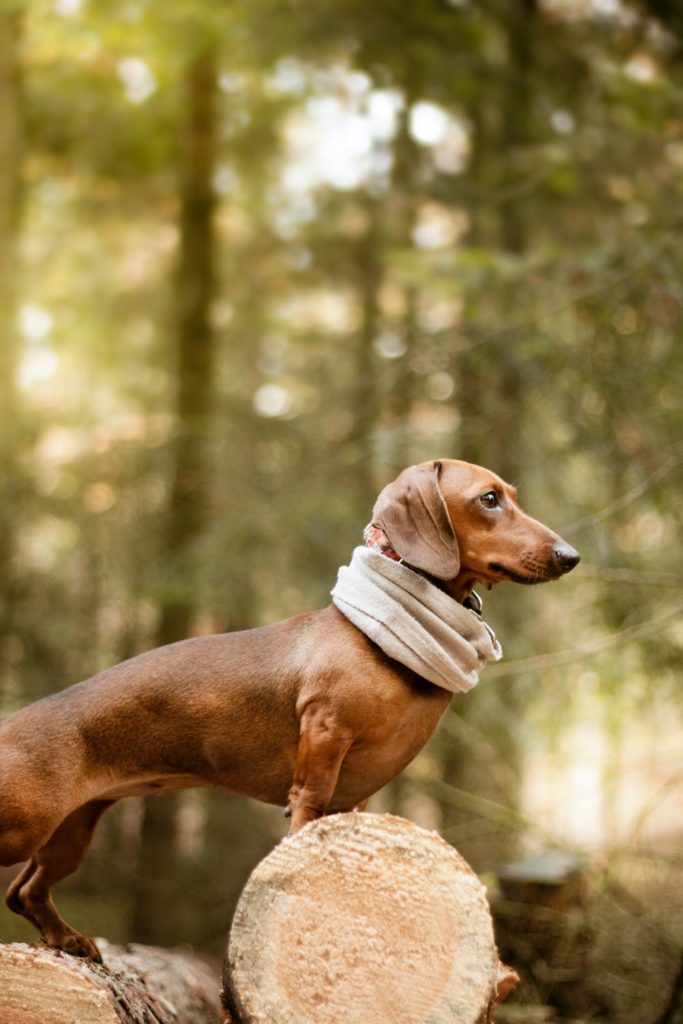
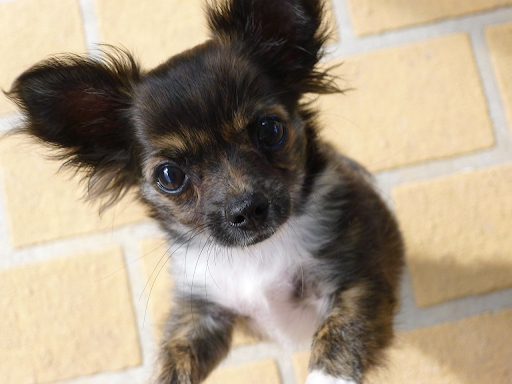
Chihuahua
Bold, alert, and fiercely loyal, the Chihuahua is one of the smallest dog breeds, typically weighing between 2 and 6 pounds. Known for their confidence and strong bond with their people, Chihuahuas often forget just how small they are. They are bold, alert, and incredibly loyal to their owners.
Pomeranian
The beautiful Pomeranian is a true showstopper. With a fluffy coat and lively expression, the Pomeranian is playful, outgoing, and full of energy. Despite their delicate appearance, they are sturdy little dogs with a bright, inquisitive nature.
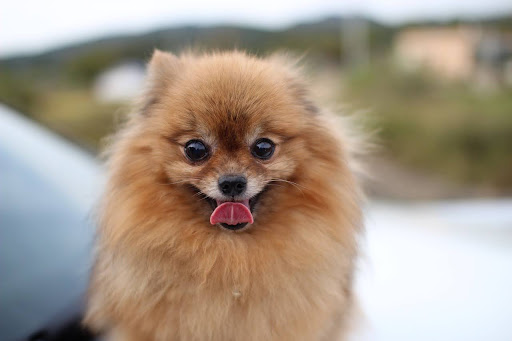
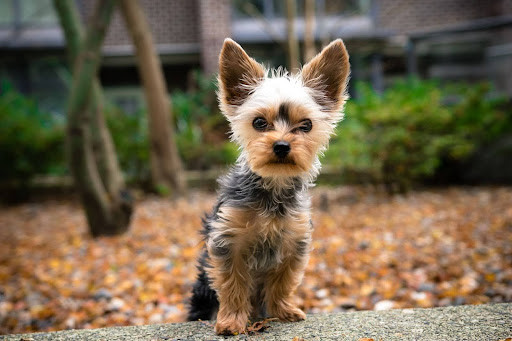
Yorkshire Terrier
The Yorkie, as it’s affectionately known, is a small dog with a big attitude. Originally bred to catch rats in mills and factories, these days the Yorkshire Terrier is a beloved companion. They are affectionate, but they also have a feisty, independent streak that makes them charmingly spunky.
Shih Tzu
With its luxurious coat and affectionate nature, the Shih Tzu has long been a favorite lapdog. This breed was a companion for Chinese royalty and they still carry themselves with a regal air. Shih Tzus are known for their friendly, easygoing temperament and their love of human attention.

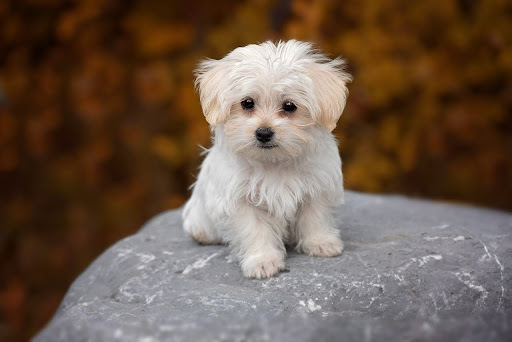
Maltese
Known for their long, silky white coat, the Maltese is a gentle and loving breed. These dogs have been companion animals for centuries and are famous for their elegant, sweet nature. They are calm yet alert, forming strong bonds with their families.
Why People Choose Toy Dog Breeds
Toy dogs are often chosen for their adaptability and close bonds with their people. Their size makes them easier to accommodate in a range of living situations, but their emotional needs are just as real as those of larger breeds.
Toy dogs also tend to require less exercise than larger breeds, making them well-suited to families or individuals with limited outdoor space. That said, these little guys still need daily activity to keep them happy and healthy, so don’t skip that evening walk around the block!
For families, toy dogs can be wonderful pets for older children, especially when the child is taught how to handle a smaller dog gently and respectfully. Their smaller size makes them less intimidating, but it’s important to remember that toy dogs have the same needs as larger breeds—training, exercise, and love.
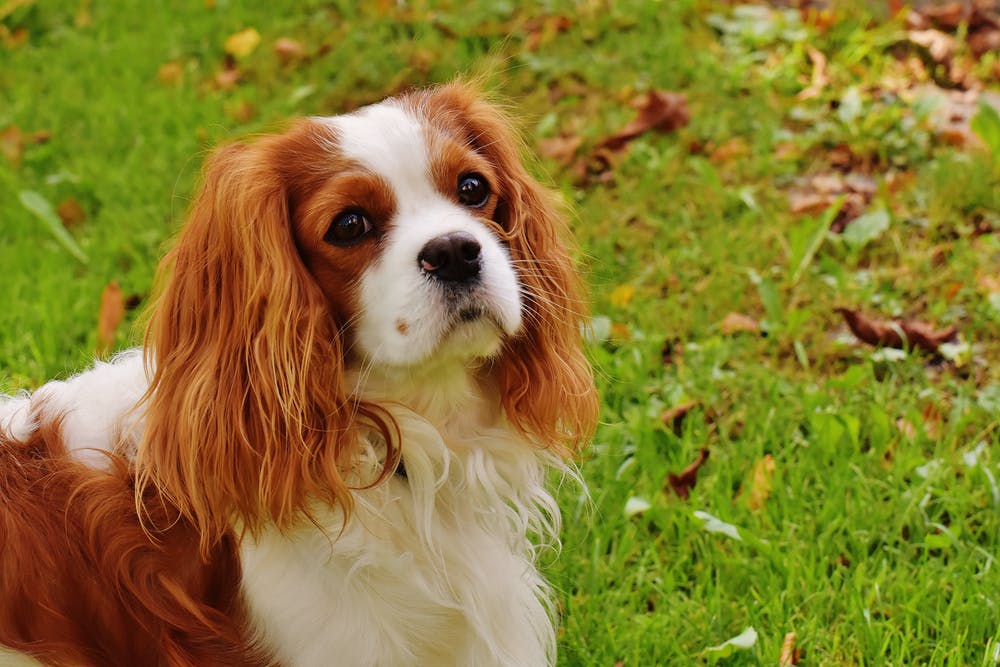
Debunking Myths About Toy Dogs
It’s easy to overlook toy dogs because of their size, but that’s a mistake many people make. One common myth is that toy dogs are fragile and can’t handle much exercise. While it’s true they need careful handling, they are often sturdier than they look and enjoy regular walks and playtime.
Another misconception is that toy dogs don’t need training because they’re small. In reality, these little dogs are just as intelligent and trainable as any other breed. In fact, many toy breeds excel in obedience training and agility competitions. Their small size doesn’t mean they’re any less capable!

Caring for Toy Dog Breeds
Caring for a toy dog involves meeting their unique needs, from diet to exercise and grooming. Because they’re small, toy dogs require a balanced diet that supports their energy levels without leading to weight gain. It’s important to monitor their food intake, as toy breeds can be prone to obesity if overfed.
Exercise is also key to keeping toy dogs happy and healthy. While they don’t need the same level of physical activity as larger dogs, they still enjoy regular walks, playtime, and mental stimulation. Puzzle toys, training sessions, and social interaction with other dogs help keep their minds sharp.
Regular veterinary care is especially important for toy dogs, as some breeds can be prone to dental issues, joint problems, or respiratory conditions. Routine check-ups ensure they stay in top shape, giving them the best chance for a long, happy life.
Toy Dogs in the American Kennel Club (AKC)
In the United States, the American Kennel Club (AKC) recognises toy dogs as a distinct group based on size, history, and breed standards. The AKC Toy Group includes a wide variety of breeds, each with its own temperament, care considerations, and origins. While breed classifications can be helpful for learning and comparison, every dog is an individual shaped by environment, training, and care.
Choosing the Right Toy Dog
Toy dogs are more than just tiny pets – they are loyal, loving members of the family. Every toy dog breed is different. The right match depends on lifestyle, energy levels, and the kind of companionship you’re looking for. Learning about each breed’s traits is the first step toward a happy, lasting relationship.

